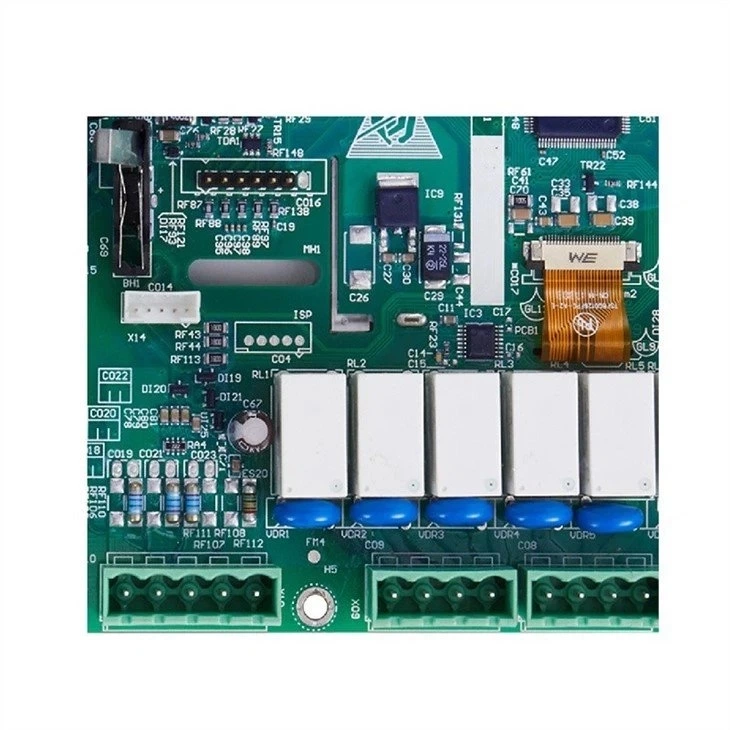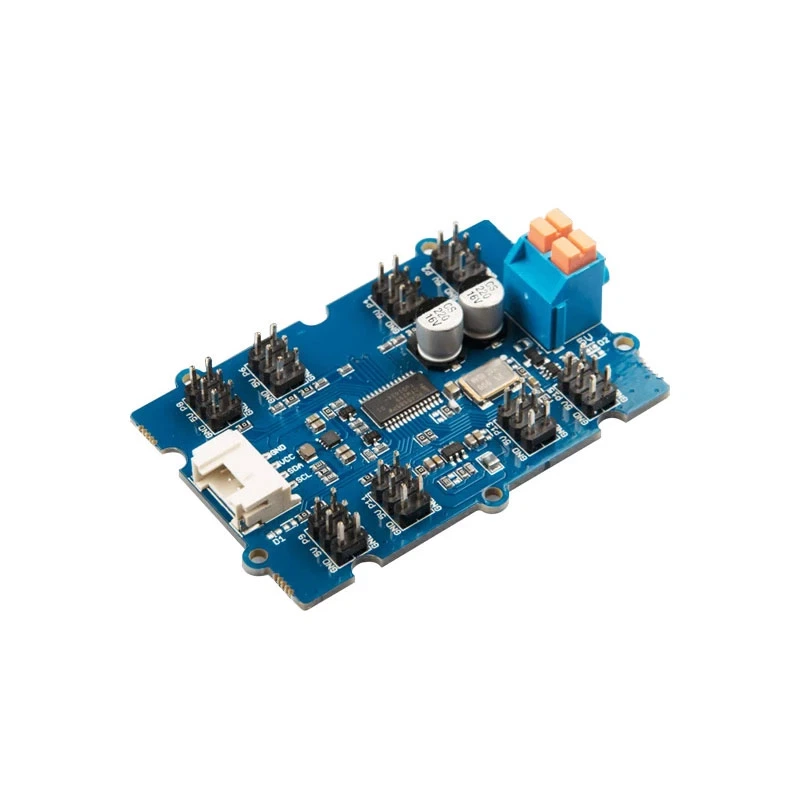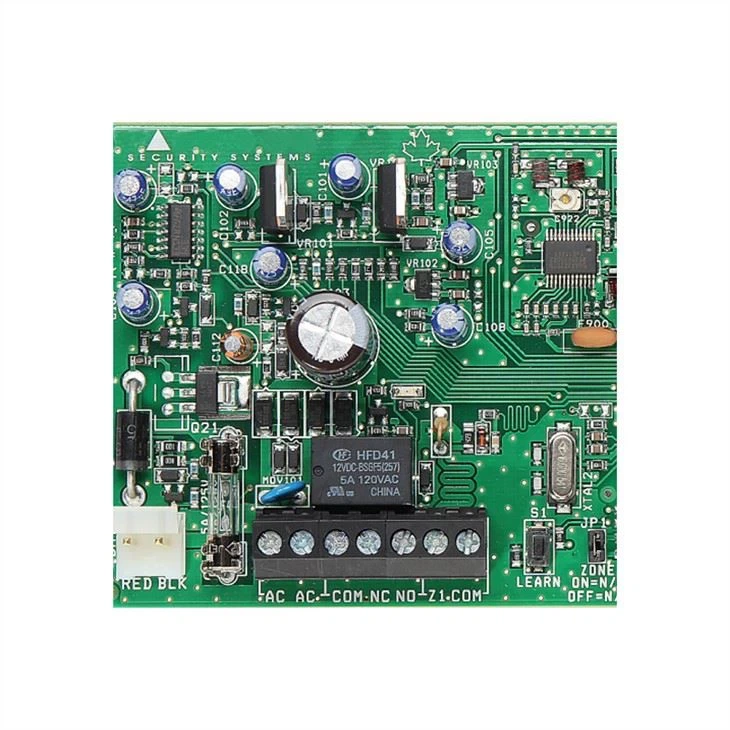How Tecoo To Do Servo Inverter Test Of PCBA ?
1). ICT TEST
What are ICTs?
ICT is English (In-Circuit-Test), Chinese literal translation is automatic online test, but the industry should be called circuit test more accurately.
ICT is mainly used for electrical testing of circuit boards (PCBA). It can be imagined as an advanced multimeter, which can detect the circuit board through pin points without removing the electronic parts from the circuit board. Check the electrical properties of all parts and whether there is any open/short circuit problem in welding.
Principles of ICT testing
The test principle of ICT is to use the bed of needles to connect the test points arranged on the circuit board to achieve the test purpose. ICT must use the needle points to place the test points extended from the contact pins of all parts to measure the resistance value, capacitance value and voltage.
What does the ICT test mainly test?
①. Short circuit, wrong parts, missing parts, tombstones, bridging, reverse polarity, etc.;
②. Measure resistance, capacitance, inductance, diode, Zener diode, relay, IC, connector and other parts.
③. Electrical function test.
Advantages of ICT testing pcba circuit boards:
①. Fast test speed and short time
PCBA can do L/C/R/D tests without powering on and starting up, which can effectively reduce the waiting time for testing and starting up, and can also reduce the accident of circuit board burning caused by short circuit
②. Excellent Re-testability
Controlled by a computer program, it greatly reduces the risk of misjudgment and missed measurement, and reduces the troubles of the turnkey electronic production line.
③. Product maintenance costs are greatly reduced
Operators can be responsible for product maintenance, effectively reducing labor costs. ICT can tell which part has a problem through a computer program
④. Improve product quality
As long as there are enough test points, ICT can measure all the lines and parts on the circuit board, which can improve product quality.
2). Function test
Electrical performance and functional testing
Test and experiment the first product with customized tooling or bench.
For pre-checking, firstly test the working voltage of the power supply, such as 24.0V, 5.0V, 3.3V 1.80V, to ensure the stability of the working voltage of each module of the product.
Programming, perform low-level programming on main control chips such as DSP, MCU, etc., and then test RAM, Flash, EEprom, etc.
RS485, CAN bus communication, network IP address and other tests
AC Sine/Cosine Test,
IGBT, BFAULT offset and other tests
Semiconductor temperature test, to ensure that semiconductor components work within a safe temperature range.
3). Reliability test
Insulation Resistance Test High Voltage Insulation Resistance Tester
Use a megohmmeter to measure the insulation resistance between the high-voltage output terminal of the servo inverter and the equipment grounding and the shell, and the requirement is not less than 50 megohm
High temperature 60 degrees long life aging test
Using customized high-temperature aging experimental equipment, each product is subjected to a 60-degree high temperature, 200 cycles, and 480H aging test with load
The test items are Grounded PE resistance test
No-load current, full-load current, frequency and other tests
Full load motor speed, temperature and other tests
Full load chip temperature test, etc.






